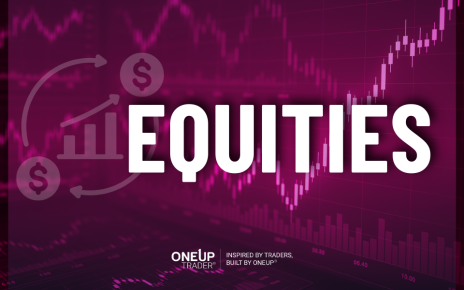- Markets are more nervous and worried about the possibility of a recession.
- Fed funds futures indicate a 61.3% likelihood of a 25bps rate hike.
- The safe-haven Japanese yen climbed 1.48% against the dollar amid global uncertainties.
Currency futures rose, and the dollar dropped on Friday as markets became more nervous and worried about the possibility of a recession due to tighter monetary policy.
In recent days, US banks have requested a record $153 billion in emergency funds from the Federal Reserve, even though Credit Suisse’s $54 billion loan and First Republic’s $30 billion lifeline could not stop their stock falls.
The dollar index, which compares the dollar value to six other currencies, fell 0.604% as traders awaited the Fed’s two-day policy meeting. The meeting is anticipated to result in an interest rate increase of a quarter percentage point on March 22.
According to CME’s FedWatch Tool, contracts for fed funds futures indicate a 61.3% likelihood that the Fed will raise rates by 25 basis points. Moreover, futures indicate that the Fed will drop rates by July. This hints that recession worries are growing as the US central bank tightens monetary policy to combat excessive inflation.
Banking issues brought back memories of the 2008 financial crisis when dozens of banks failed or were saved with billions of dollars in government and central bank funding.
Regulators and other banks have supported three smaller US lenders, including First Republic. Credit Suisse has become the first significant global bank in Europe to receive an emergency lifeline since the financial crisis.
Concerns regarding international banks subsided after the bailout of First Republic on Thursday, which allowed for increases in the Australian and New Zealand dollars.
The dollar dropped 0.39% versus the Swiss franc, while the price of sterling was up 0.70%. The Japanese yen climbed 1.48% against the dollar, benefiting from periods of high market volatility or stress.
The euro increased by 0.66% against the dollar. On Saturday, two prominent hawks on the European Central Bank’s (ECB) governing Governing Council said the bank would likely need to hike interest rates further to control persistent inflation.
As predicted, the ECB increased interest rates on Thursday by 50 basis points. In doing so, it resisted requests from certain investors to hold off on tightening policy until the banking sector’s unrest subsided.



